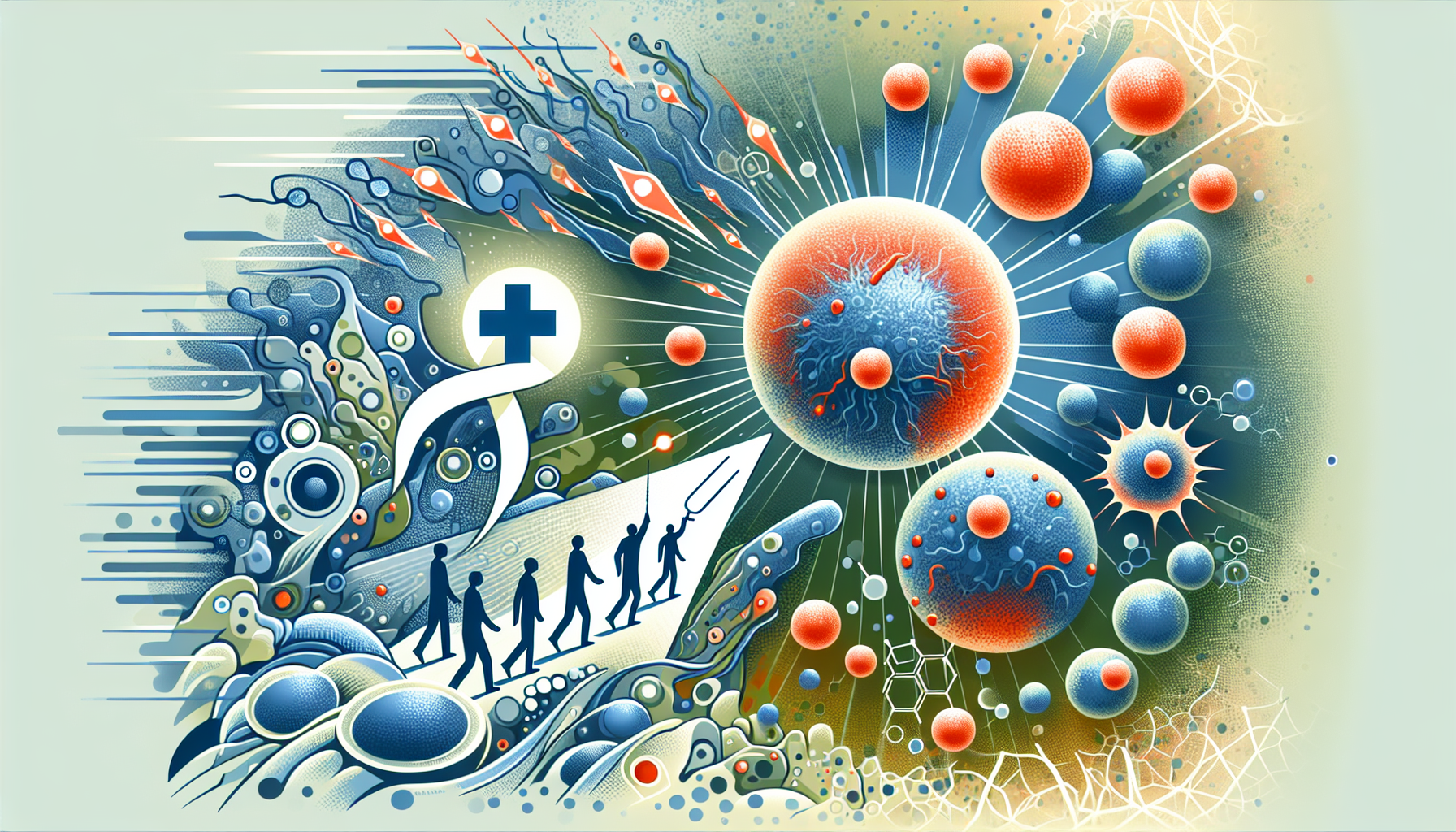New Findings Highlight Earlier Use of Yescarta for Better Outcomes in Blood Cancer Treatment
Key Takeaways
- New studies advocate for Yescarta's use earlier in blood cancer treatment.
- Earlier use of Yescarta shows higher T-cell performance and manufacturing success.
- Yescarta can be safely administered in outpatient settings.
Did You Know?
Introduction to Yescarta in Blood Cancer Treatment
Yescarta® (axicabtagene ciloleucel) is a type of CAR T-cell therapy used to treat a form of blood cancer called large B-cell lymphoma (LBCL). CAR T-cell therapy is a type of treatment where a patient's own T-cells, which are a type of immune cell, are modified to better fight cancer cells. Recently, new research has shown that using Yescarta earlier in the course of treatment may provide better outcomes for patients.
Understanding the New Research Findings
At the 2024 European Hematology Association (EHA) Annual Congress, several new analyses about Yescarta were presented. These studies looked into both clinical research and real-world data to evaluate how effectively Yescarta works, especially when used earlier rather than later in a patient’s treatment journey. One significant finding was that patients treated with Yescarta in the second line of treatment, after just one prior therapy, experienced better manufacturing success and T-cell performance compared to those treated in the third line or later.
Manufacturing Success and Treatment Timing
One study analyzed the experiences of over 4,000 patients and found that 95.08% of those treated in the second line had successful first-pass manufacturing of Yescarta. In contrast, 92.48% success was observed in patients treated in the third line or beyond. This minor difference can be pivotal. A higher first-pass manufacturing success rate indicates fewer delays and possibly shorter time from patient assessment to treatment.
Significance of Naïve-Like T-Cells
The presence of naïve-like T-cells, which are a more potent subgroup of T-cells, was also higher in patients treated earlier. This means that earlier intervention in the course of the disease captures a more robust immune response, offering a better chance at combating the cancer effectively.
Real-World vs. Clinical Trial Data
The comparative study of real-world and clinical trial data showed enhanced T-cell performance and a better manufacturing success rate in the real-world setting when Yescarta was used early. This has important implications for how blood cancer treatments are structured moving forward, emphasizing the benefits of early line therapy.
Outpatient Administration Safety
Two studies also revealed that administering Yescarta and another CAR T-cell therapy, Tecartus®, in an outpatient setting is feasible and safe with proper monitoring. This widens the accessibility and convenience of these advanced treatments, allowing patients to receive care without the need for prolonged hospitalization.
Data from ZUMA-24 Study
The ZUMA-24 study, a phase 2 clinical trial, further supports the safety and effectiveness of Yescarta with preventive corticosteroids when given outside of a hospital setting. Preliminary findings indicate that patients can safely receive their doses as outpatients, provided they are closely monitored.
Future Implications and Patient Care
The findings presented at the congress underscore the potential for better outcomes using Yescarta earlier in the treatment timeline. They also highlight the safety and practicality of outpatient administration for these advanced therapies, something that can significantly improve patient quality of life and treatment accessibility.
What This Means for Patients
For patients with relapsed/refractory large B-cell lymphoma, these findings are promising. It means that starting Yescarta therapy earlier can result in better cell performance, fewer manufacturing hurdles, and potentially better overall treatment outcomes.
Conclusion
These advancements mark a significant step forward in blood cancer treatment. They point towards a future where early intervention with CAR T-cell therapies can enhance patient survival rates and quality of life. Additionally, the feasibility of outpatient administration provides a more accessible treatment option for many patients.
References
- Kite Pharmahttps://www.kitepharma.com
- European Hematology Associationhttps://www.ehaweb.org/congress/eha-annual-congress-2024/
- MD Anderson Cancer Centerhttps://www.mdanderson.org






